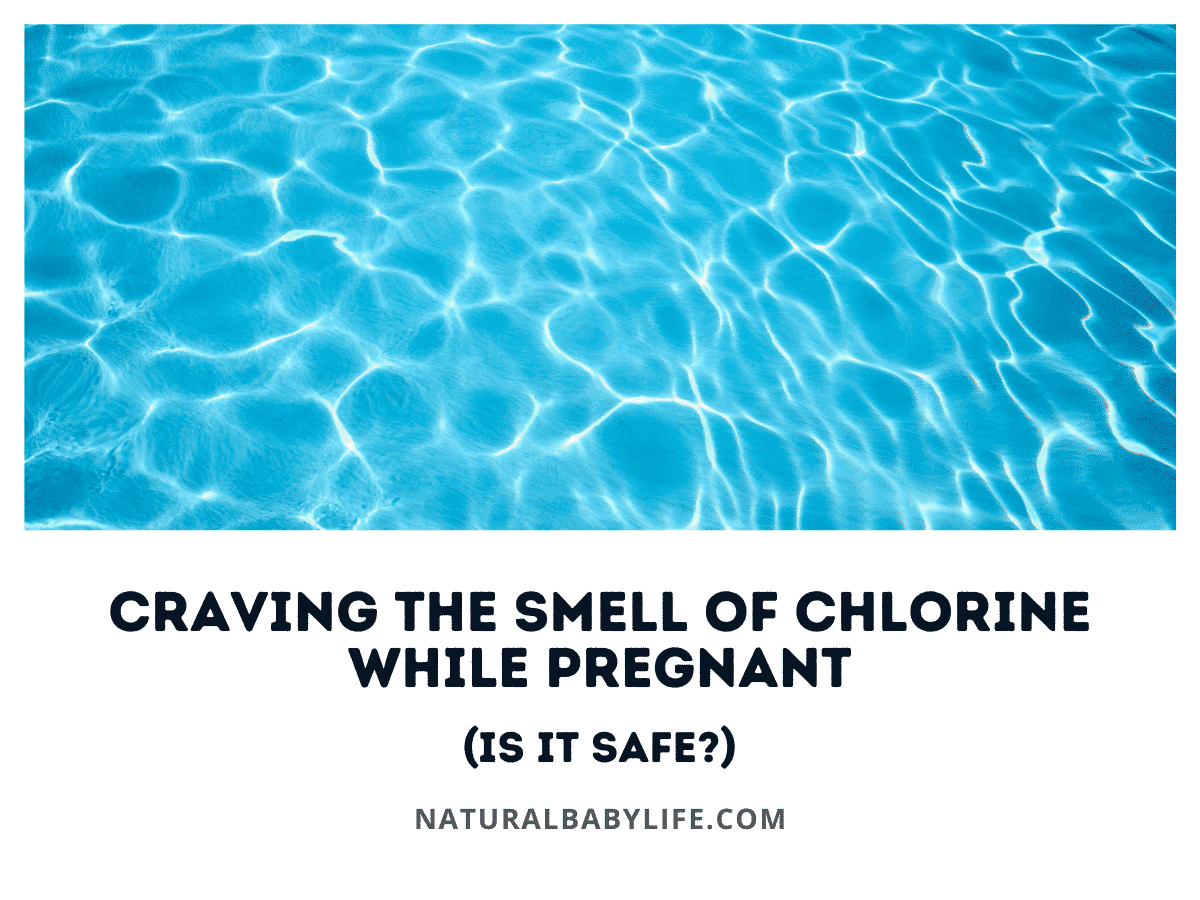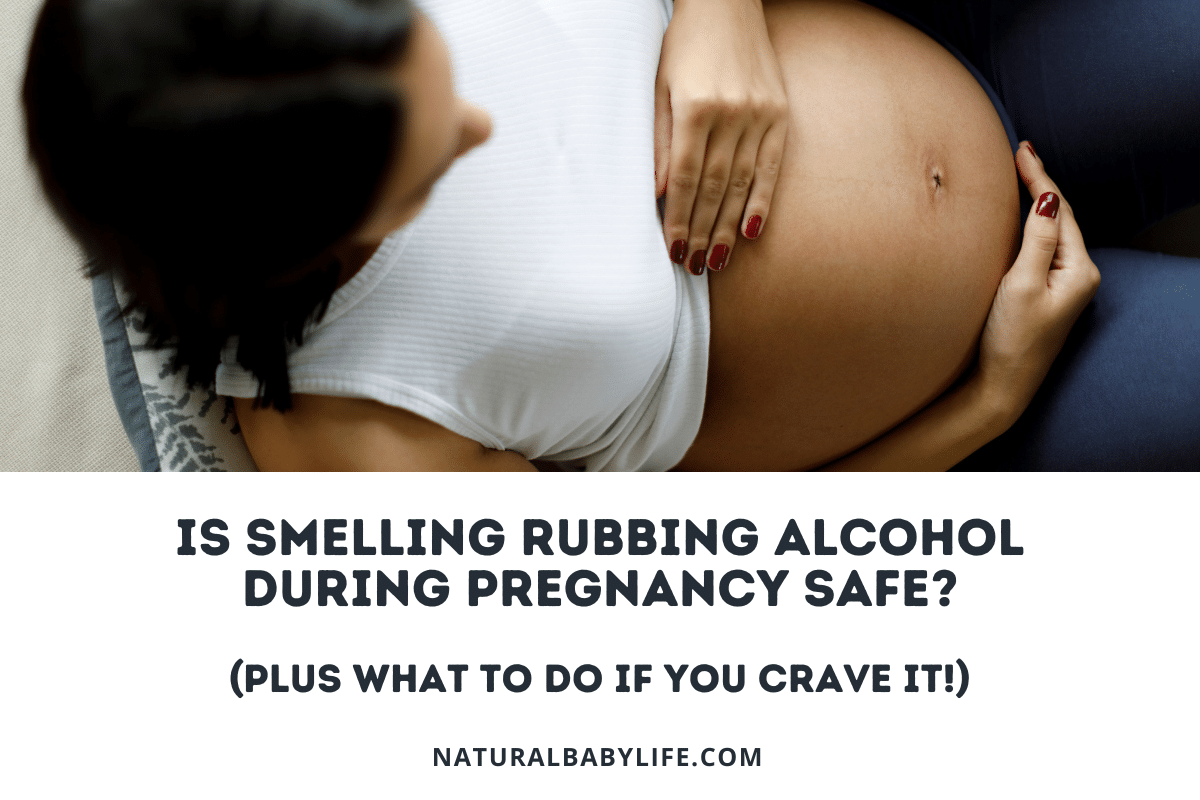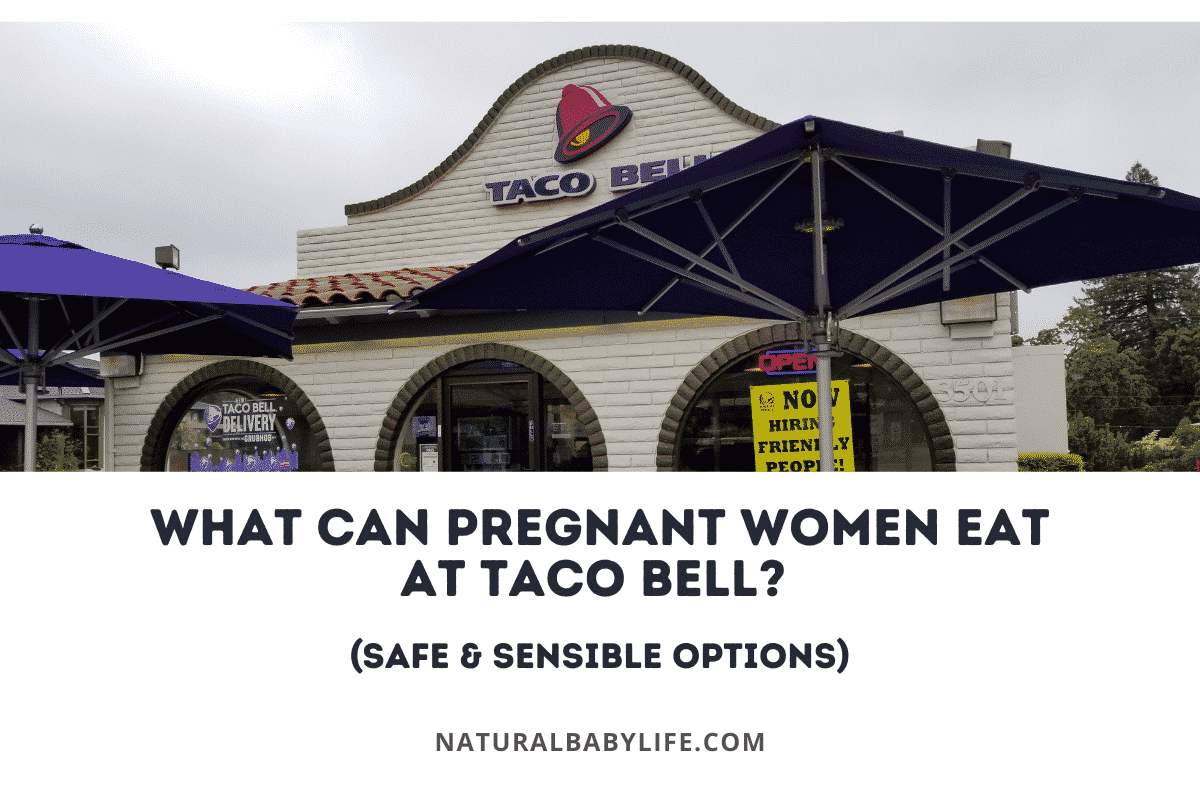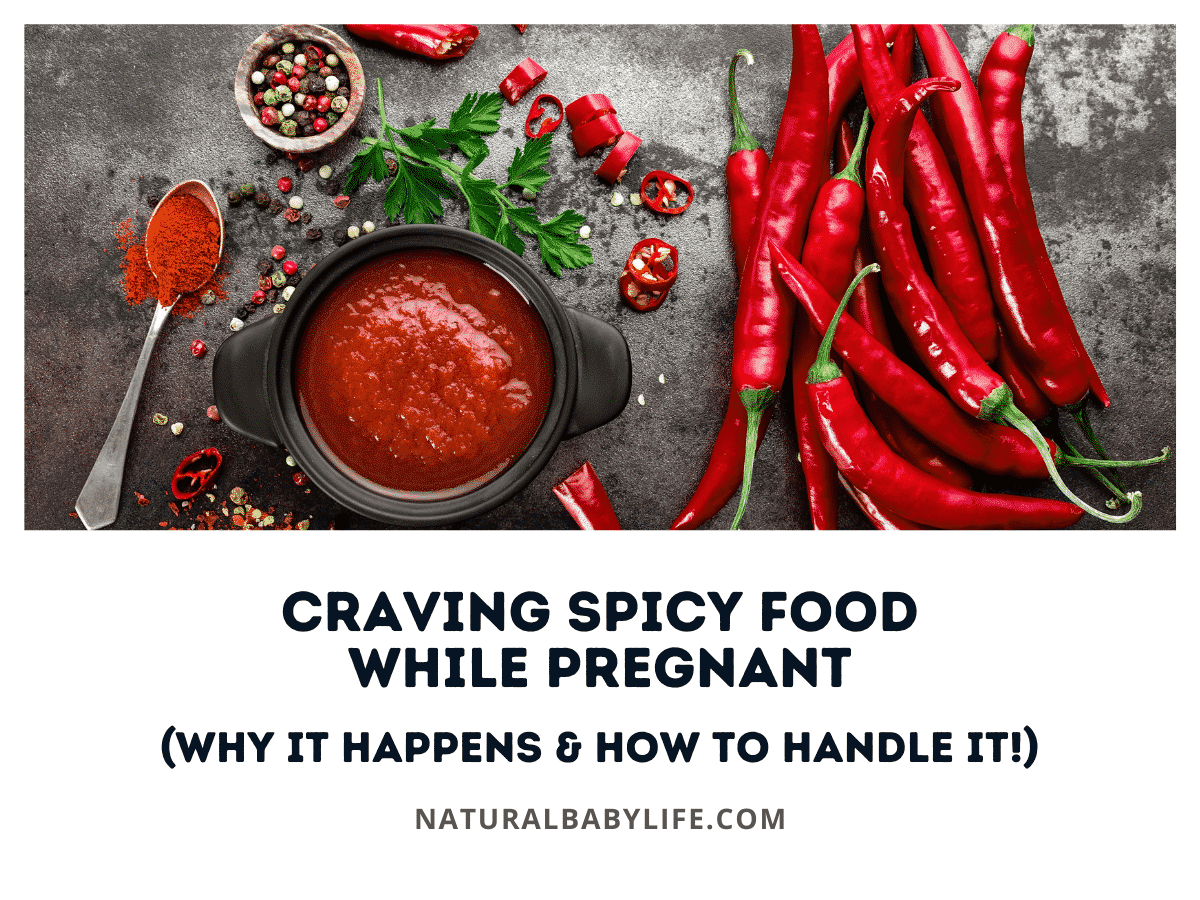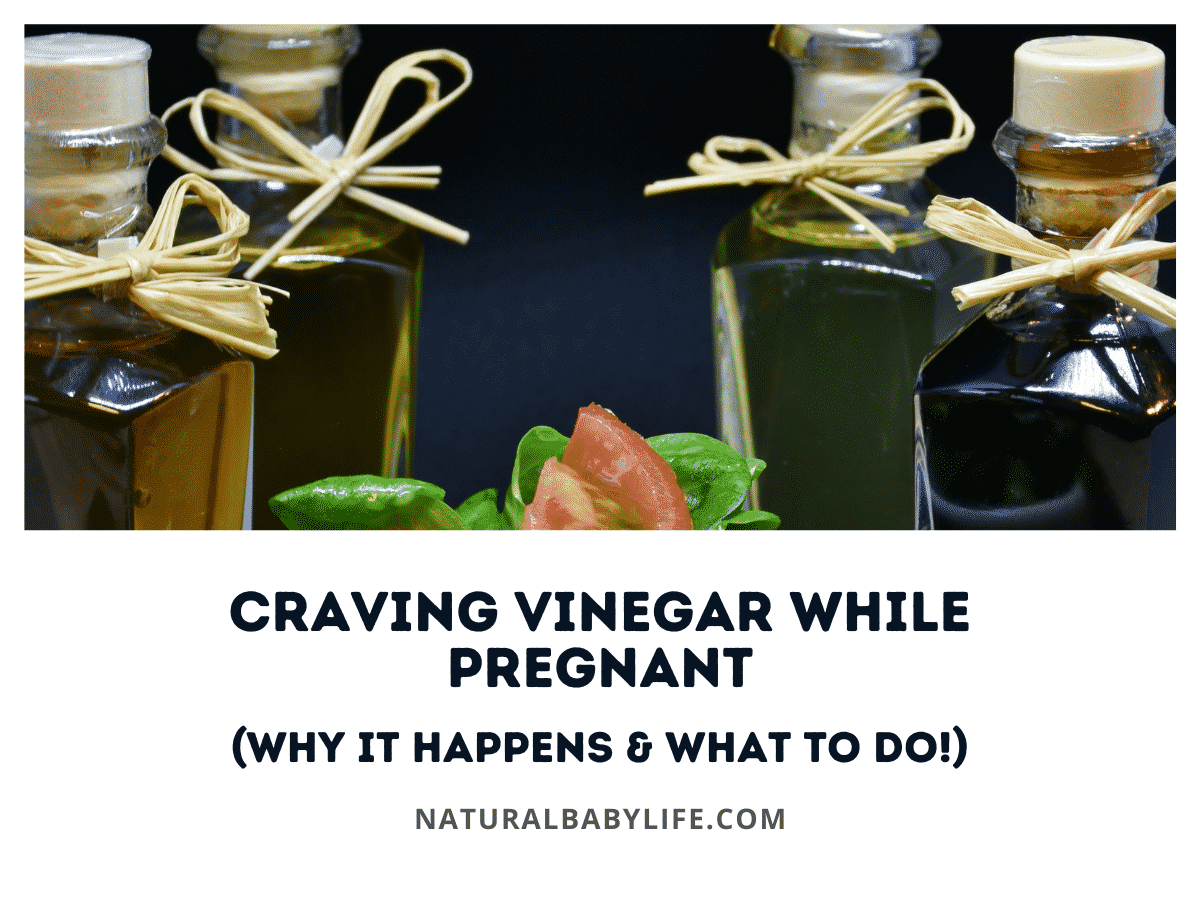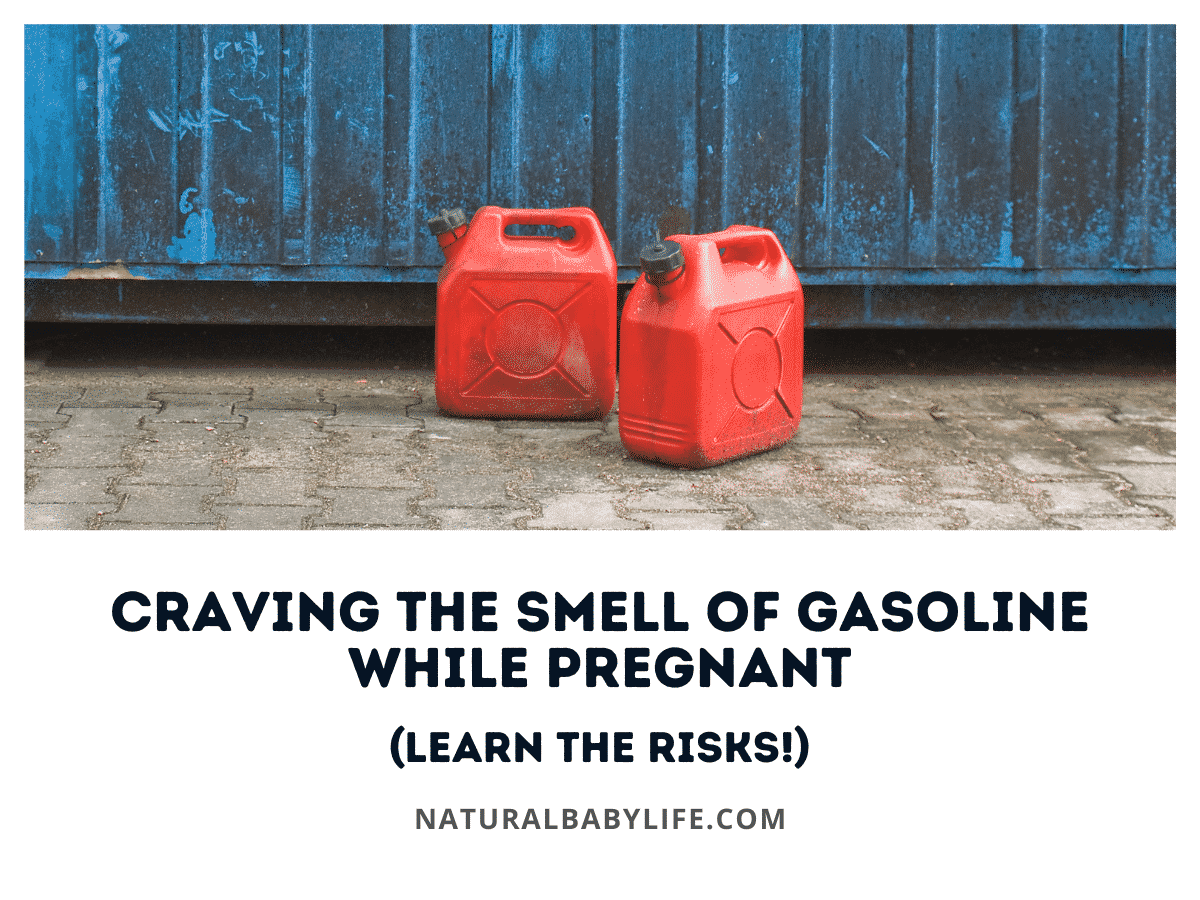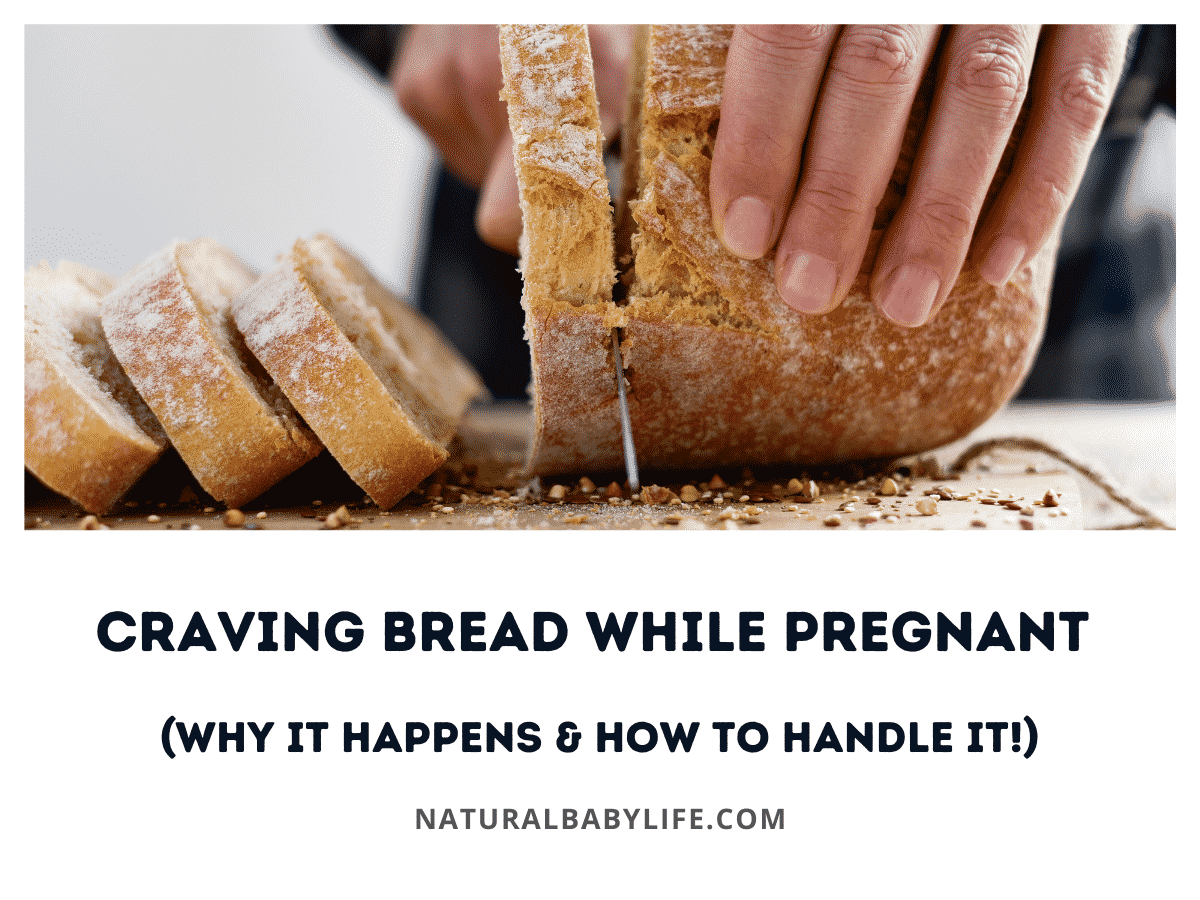While pregnant, cravings for food, drinks, and different combinations can start as early as the first trimester and can intensify in the second. Can these cravings include smells – specifically the smell of chlorine?
While craving the smell of chlorine is not uncommon, pregnant women should be careful to limit exposure to high concentrations of chemical solvents. While it is generally considered safe to continue cleaning with Clorox and visiting swimming pools while pregnant, you should avoid intensive huffing, and non-food items should not be consumed.
Keep reading for more information about why you might crave the smell of chlorine while pregnant, and what it means.
Table of Contents
Why do pregnant women crave the smell of chlorine?
During pregnancy, you will experience a lot of changes, both physical and mental. For instance, your senses of taste and smell will change, and you may start to experience intense aversions or cravings for both foods and smell.
Some women crave the smell of chlorine – whether in the form of pool water or Clorox bleach – while pregnant. While some women on pregnancy forums claim they like the bleach smell for its connections to cleanliness and associate it with nesting, there is also speculation that cravings for non-food items are related to pica and a sign of a nutritional deficiency.
Women have been noted to crave soap, sand, detergent, ice, and other substances in addition to food. However, if you find yourself craving non-food items that are toxic or hazardous (which chlorine can be in large concentrations), you should share these feelings with your doctor.
Is it normal to crave smells during pregnancy?
Cravings are absolutely normal during pregnancy. If you were to do a search online, you will find an abundance of results on edible women’s cravings. What about smells?
The craving or need to smell certain things is called olfactory craving. While food cravings are certainly more common and publically discussed, many women find themselves craving certain scents while pregnant.
It’s not surprising that taste and scent cravings might overlap given how interrelated the two senses are – just be careful if you find yourself craving items that could cause potential negative effects for you or your baby.
What is pica and can it cause olfactory cravings?
Not all cravings are safe and when pregnant you want to consume things of nutritional value that are beneficial to the development of the baby and are good for the mother.
Pica is a craving to eat non-food substances and is somewhat common during pregnancy. Oftentimes it is linked to an iron or mineral deficiency. Another form that causes olfactory cravings is called desiderosmia. This is the craving to smell non-food items such as chemicals, solvents, and other materials.
Desiderosmia doesn’t always occur together with pica or an iron deficiency. More studies are needed to determine its other causes.
What happens if you inhale chlorine while pregnant?
The increased sense of smell will either have pregnant women feeling repulsed by certain scents or in love. What if the scent you love is chlorine?
Harmful exposure to chlorine can cause damage to the lungs, in addition to the other symptoms (irritated eyes and/or skin, coughing, wheezing) from inhalation.
Pregnant women are generally advised that it is safe to continue to clean as long as there is proper ventilation, however, the APA does recommend avoiding spray or aerosol cleaners when possible due to the potential asthma risk for the baby.
When it comes to swimming, the American College of Obstetrics and Gynecology lists swimming as one of the recommended exercises for pregnant women – just don’t drink the water!
Can the smell of chlorine harm the fetus?
With an ongoing list of dos and don’ts, it can be difficult to discern that is and isn’t safe for mother and baby. Where does chlorine fit in?
Chlorine does have the potential to be harmful. However, if being used in moderation as intended, and as expressed by the manufacturer and your physician you can proceed as usual. However, when abused as an inhalant, chlorine becomes harmful to both mother and baby.
Maternal exposure to solvents, such as chlorine, could increase your risk of:
- miscarriage
- stillbirth
- preterm birth
- low birth weight
- birth defect
If you have any concerns about your potential exposure, it is always best to discuss the question with your healthcare professional.

